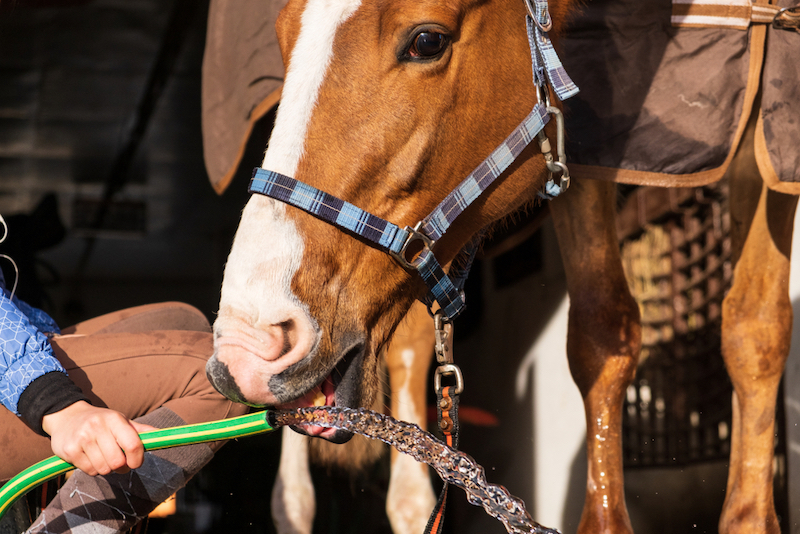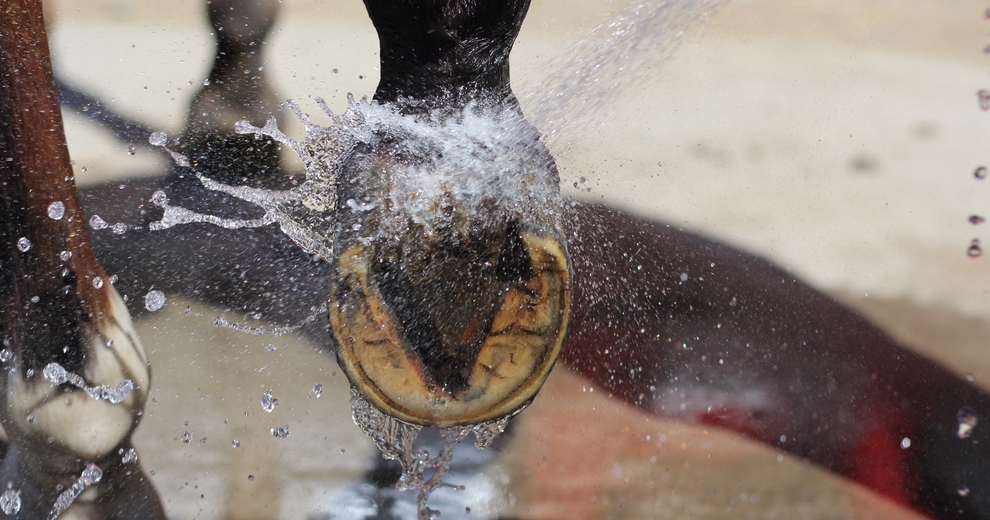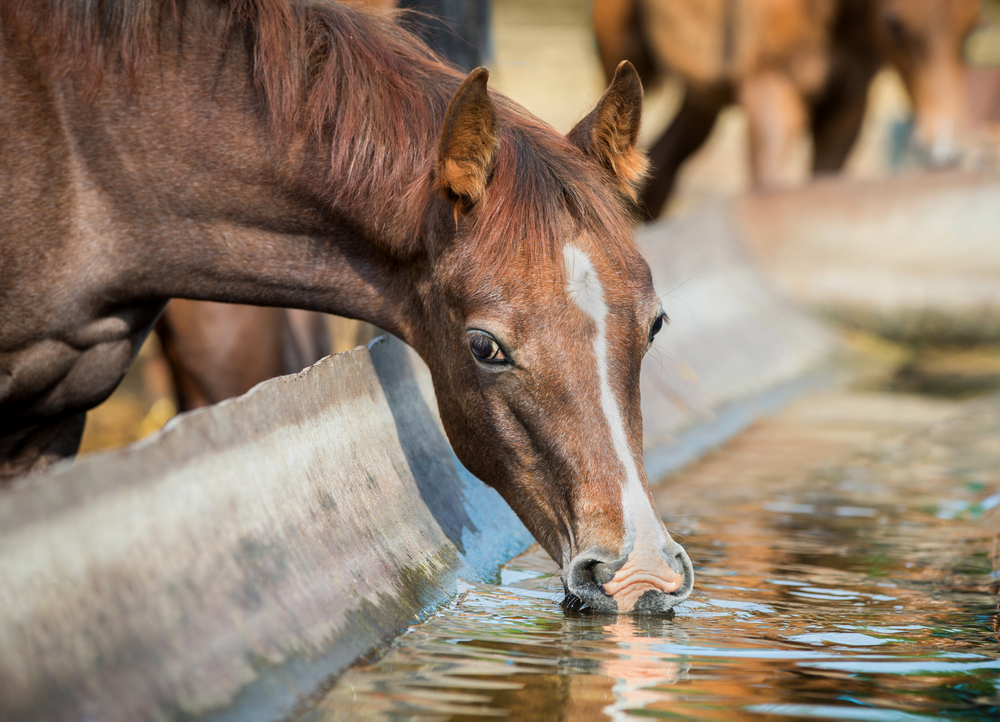
Ensuring Your Horse's Hydration: Signs, Prevention, and First Aid
Understanding Dehydration in Horses
Dehydration occurs when a horse loses more fluids and electrolytes than it takes in. In the intense heat of Tucson summers, horses can lose a significant amount of water through sweating. Without adequate water intake and electrolyte replenishment, dehydration can quickly set in.
Signs of Dehydration in Horses
Recognizing dehydration in horses is vital for prompt intervention:
- Skin Tenting: Gently pinch and lift the skin on your horse’s neck or shoulder. In a hydrated horse, the skin should spring back quickly. If it remains elevated, your horse may be dehydrated.
- Capillary Refill Time: Press your thumb against your horse’s gum until it turns white, then release. In a hydrated horse, the gum should return to pink in 1-2 seconds. If it takes longer, dehydration may be present.
- Dry Mucous Membranes: Check your horse’s gums and eyes for moisture. Healthy horses have moist mucous membranes.
- Sunken Eyes: Dehydrated horses often have sunken, dull eyes.
Increased Heart Rate: A higher-than-normal heart rate can indicate dehydration, even at rest.
Preventing Dehydration in Your Equine Companion
Water Availability: Ensure your horse has access to clean, fresh water at all times. Clean water buckets and troughs regularly.
Electrolyte Supplementation: During hot weather or periods of intense exercise, consider supplementing your horse’s diet with electrolytes to replenish lost minerals. Consider Equine Bluelite Pellets – Electrolytes For Horses
Shade and Shelter: Provide ample shade and shelter to protect your horse from the sun.
Monitor Water Intake: Pay attention to your horse’s daily water consumption. On average, a horse should drink around 5-10 gallons of water per day, depending on size and activity level.
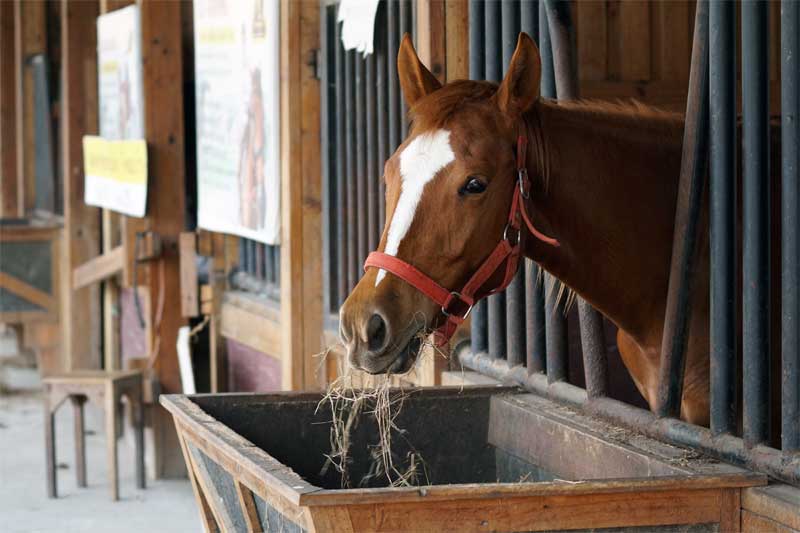
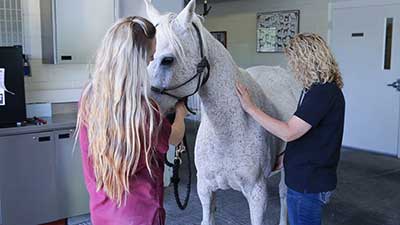
Handling Dehydration in Your Horse
If you suspect your horse is dehydrated, take immediate action:
Contact Your Veterinarian: Contact Adobe Veterinary Center immediately. Our team is here to provide guidance and support.
Offer Water: Encourage your horse to drink small amounts of water frequently.
Electrolytes: Offer an electrolyte solution or paste, as recommended by your veterinarian.
Summer Equine Care In Tucson Arizona: Schedule a Wellness Checkup Today
At Adobe Veterinary Center, we’re committed to the well-being of your horses. The summers in Tucson can be challenging, but with proper care and attention, you can ensure your horse stays hydrated and healthy. If you suspect your horse is dehydrated or if you’d like to schedule a summer wellness check, please don’t hesitate to contact us. Our experienced team is here to help you keep your equine companions in top shape.
For more information or to schedule an appointment, please call Adobe Veterinary Center at 520-546-8387 or visit our website at www.adobevetcenter.com. Let’s work together to keep your horses happy, healthy, and hydrated this summer!
